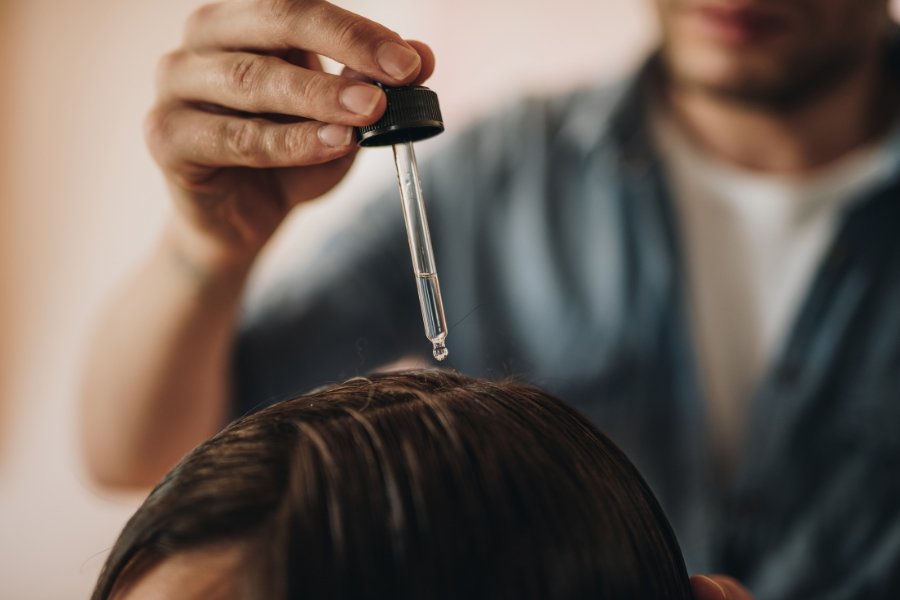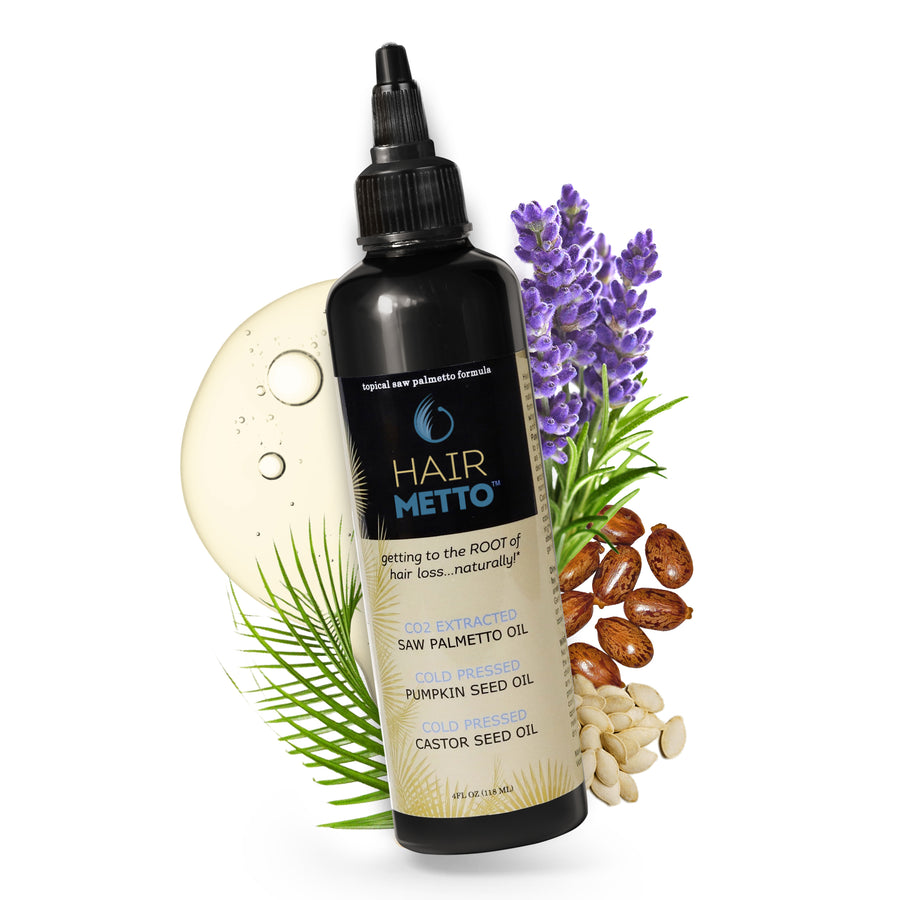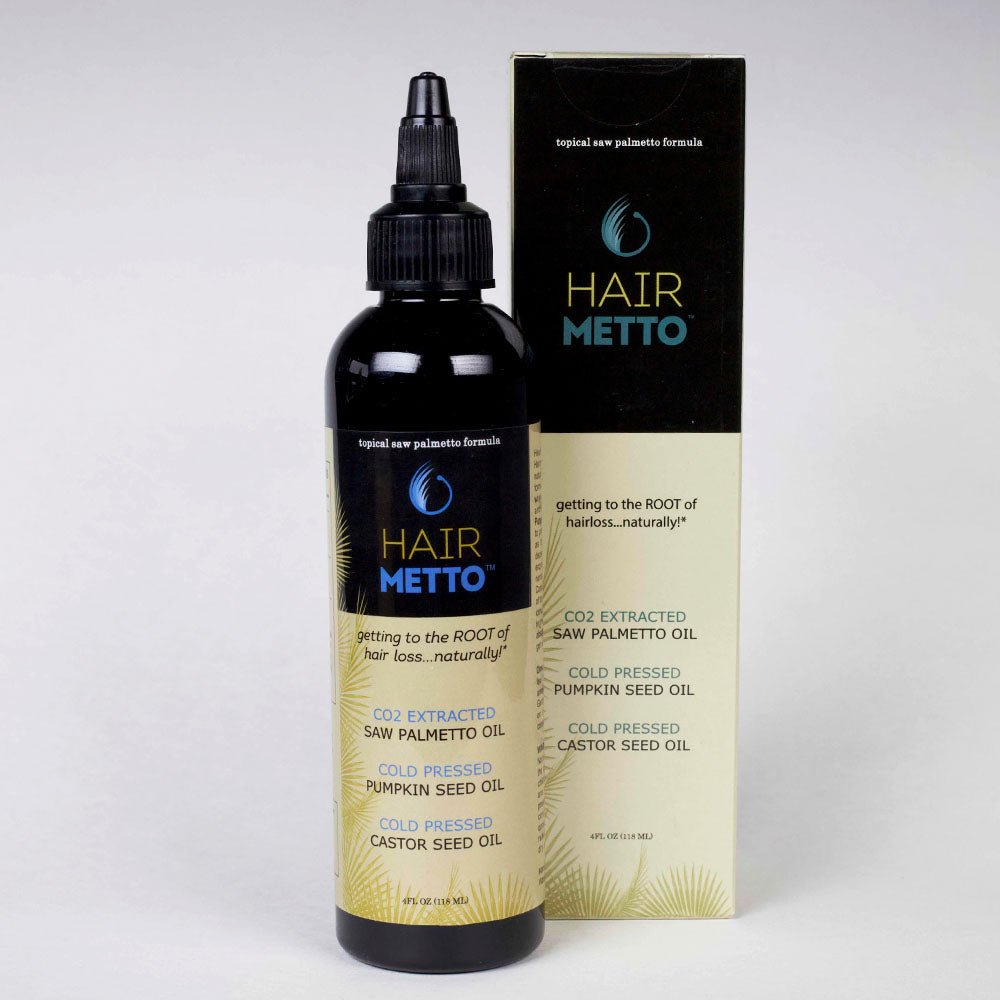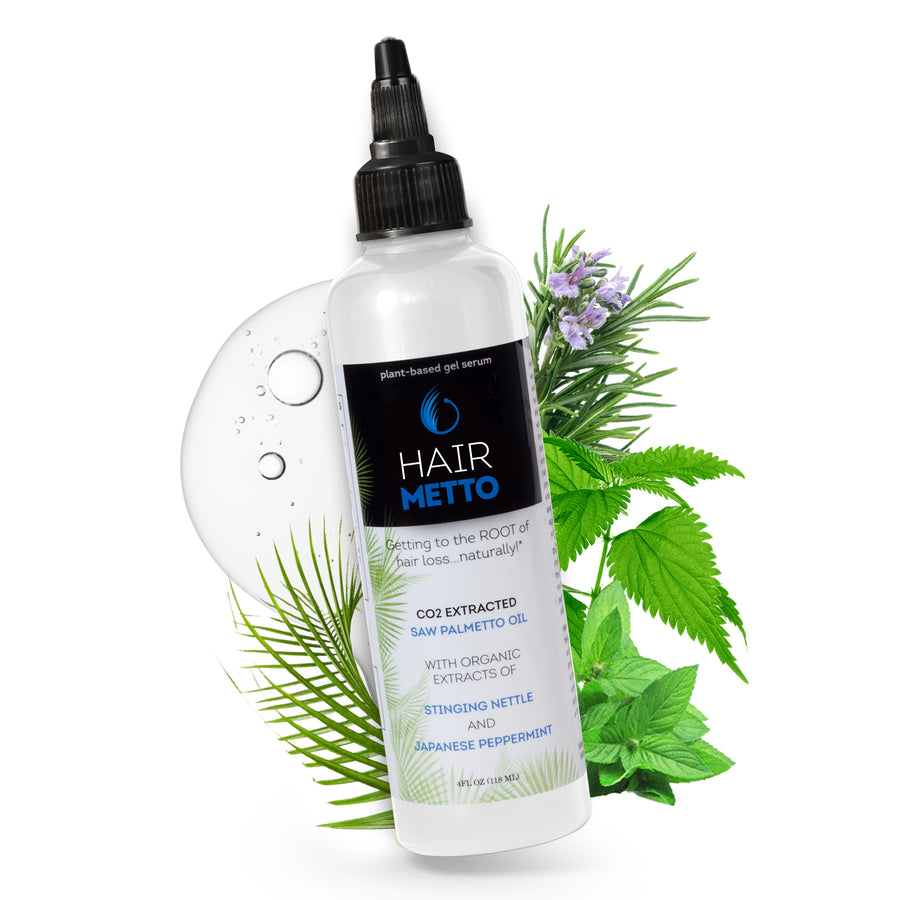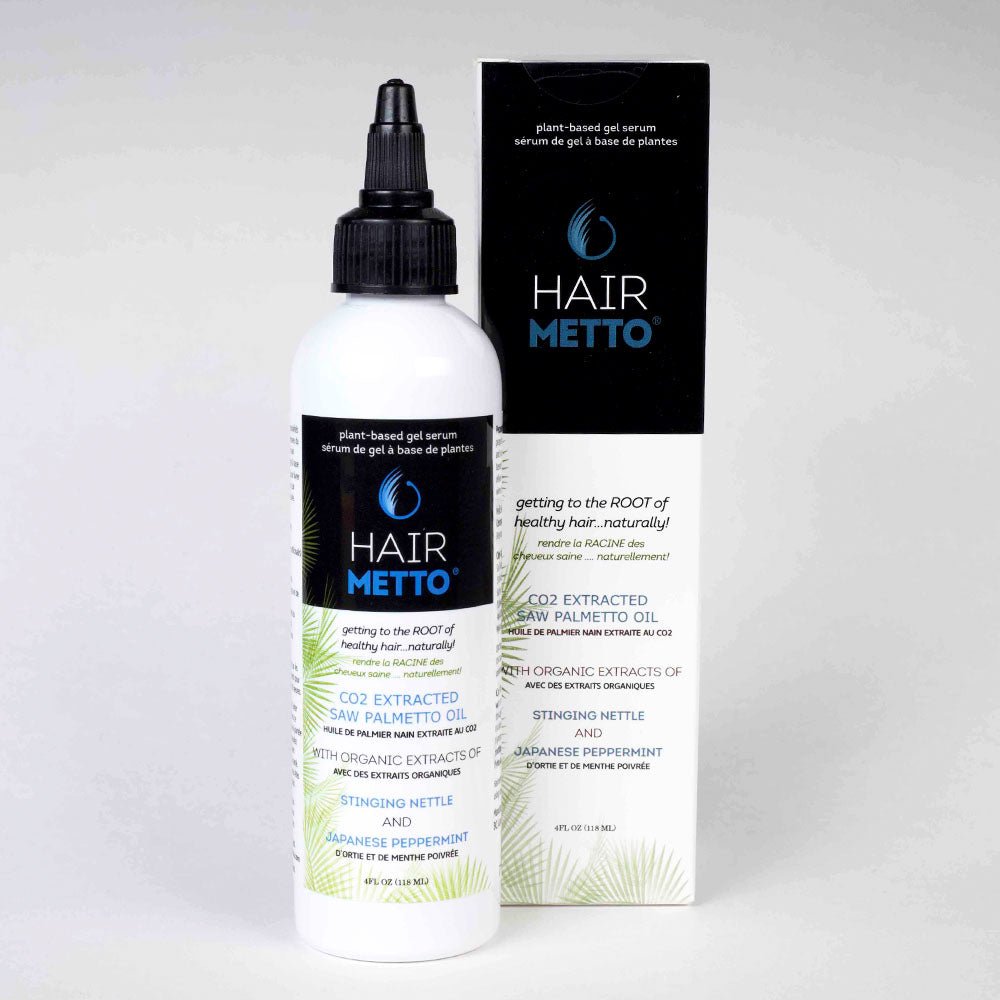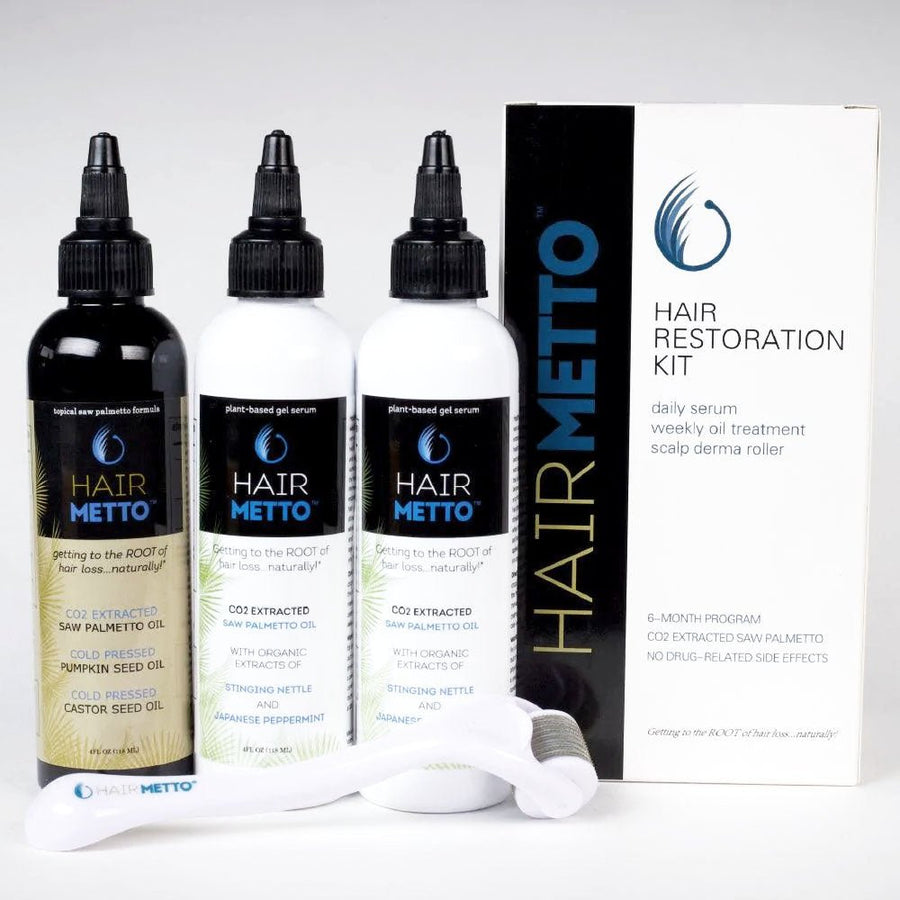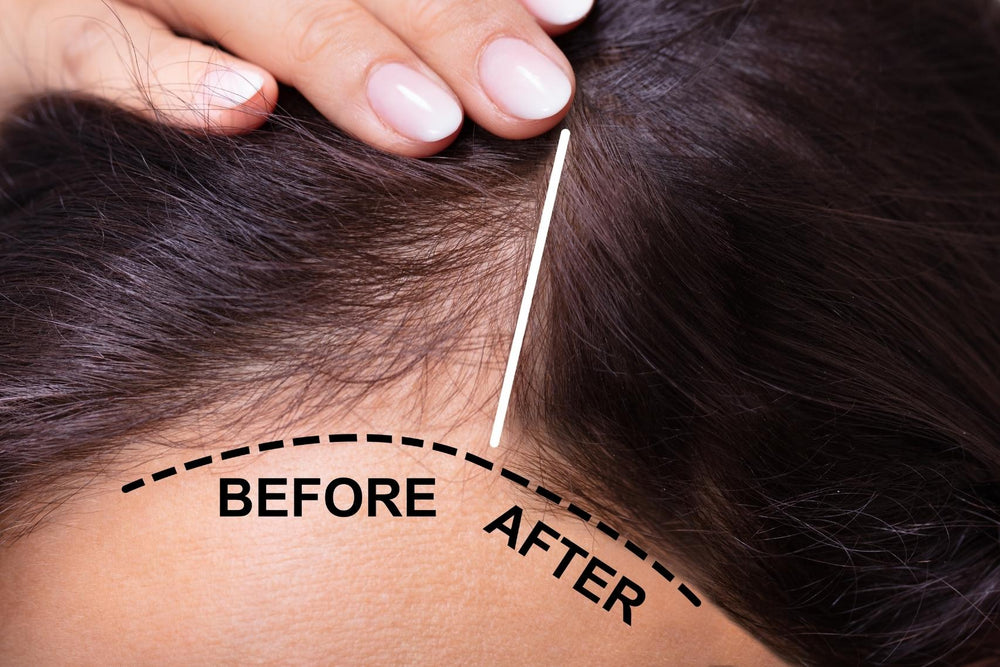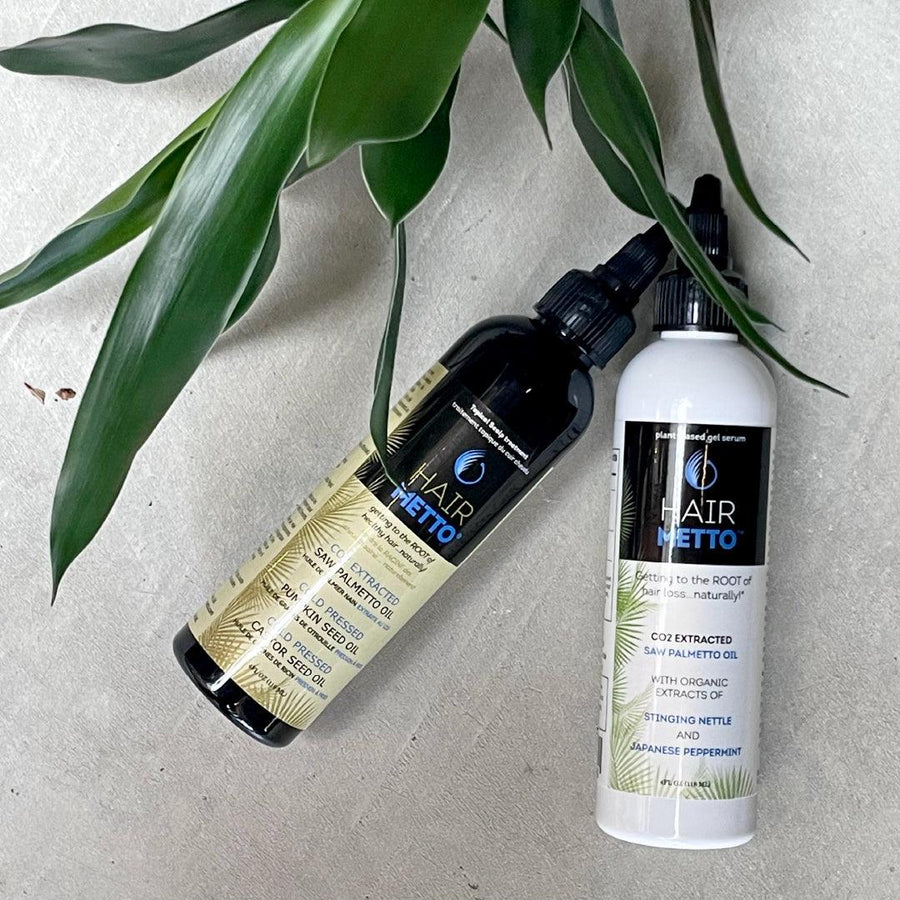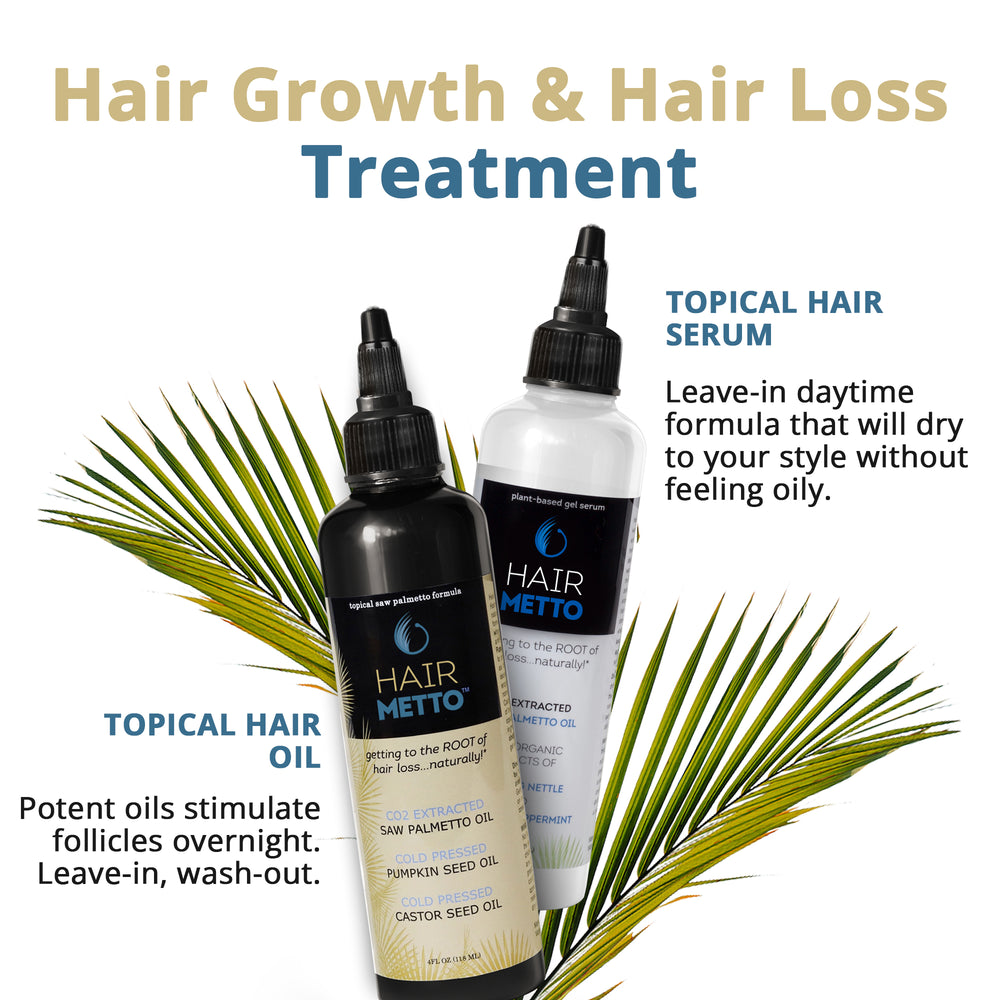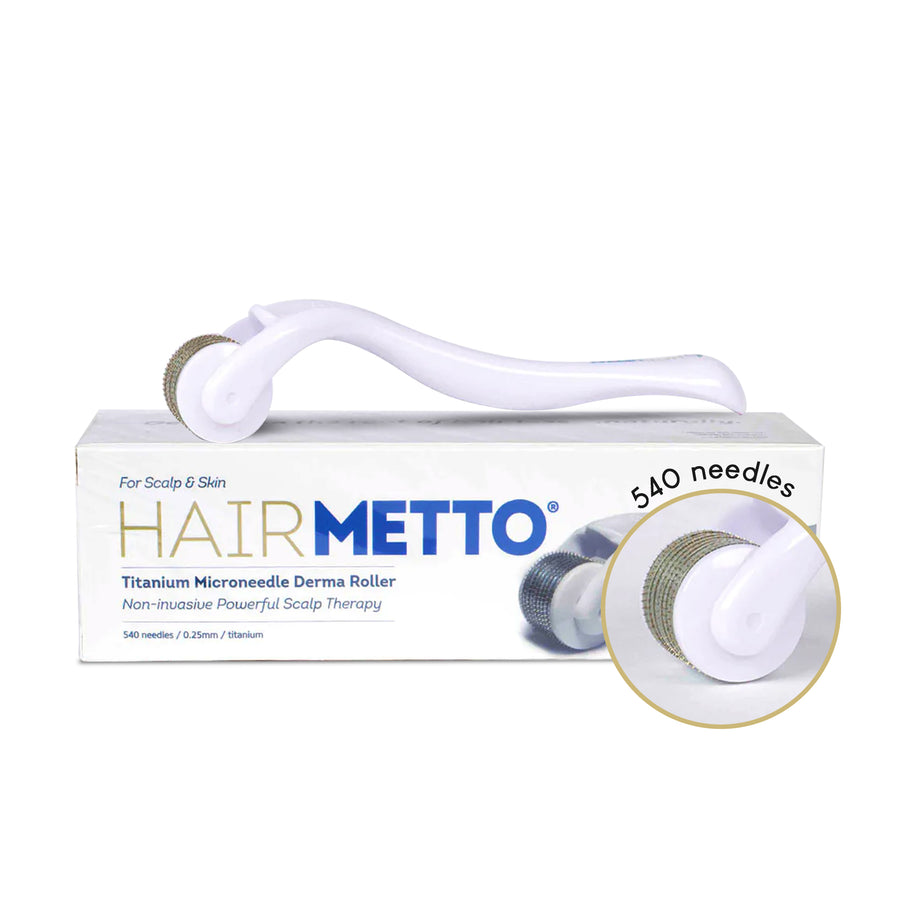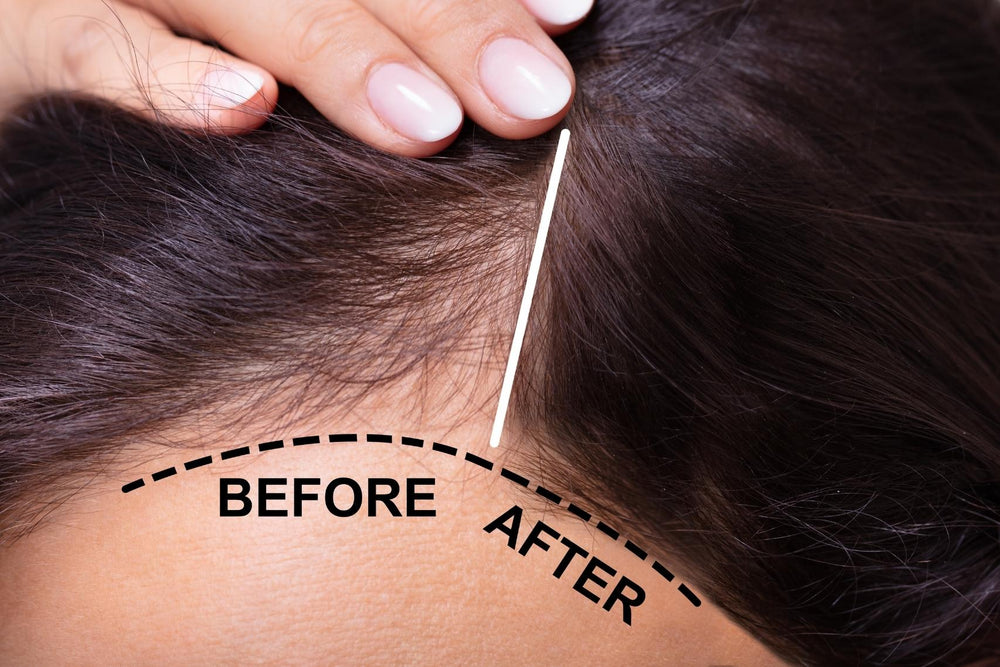Is Any Product Chemical Free?
Understanding Chemical-Free Product Claims and Consumer Expectations
Today we want self-care products that will be good for our body and good for the environment. We look for labels and ingredients that promote our well-being and nourish us inside and out. We want to avoid all those nasty chemicals that wreak havoc on our hormones, or that circulate in our bloodstream causing untold harmful effects.
Why Truly Chemical-Free Products Don't Exist
We're looking for those safe, chemical-free, non-toxic, all-natural products. But guess what? Technically we won't find them. Why?
Because those are claims are scientifically untrue.
Scientific Facts About Chemicals Toxins and Natural Products
What do you think? Do people in general know the following:
Chemicals: The air you're breathing right now is comprised of chemicals. The water you drink is comprised of chemicals. Every living thing consists of the chemicals of the earth.
Toxins: Anything you ingest of in large quantities could be toxic. A product that is generally considered 'safe' could become toxic if you consume too much.
All-natural: It doesn't necessarily mean that its 'safer' than synthetics. A product is not 'natural'; perhaps only including 'natural ingredients'. In most cases, a product has undergone some sort of processing to make it safe for human consumption.
Consumer Confusion About Chemical Terminology in Products
This can definitely make it more difficult to find what we as consumers are looking for.
Now here is where you will find those educated in science and chemistry, correct in their facts, at odds with people in general don't understand the chemistry and just want to feel the choices they are making in their food and skin care are going to nourish them.
Laboratory Example Demonstrates Public Chemical Misunderstanding
This is well illustrated by one blog's commenter who stated: "In the lab, we put a note next to the tap for a joke: "WARNING: This water contains nearly 1 million ppm hydrogen hydroxide". The next day we had to remove it because the cleaner refused to work in an unsafe environment." Such is the chemical composition of water.
Dictionary Definitions Reveal Multiple Chemical Interpretations
How does an English dictionary define 'chemical'? It appears there are actually a number of other ways 'chemical' is interpreted such as "a compound or substance that has been purified or prepared, especially artificially" or "a drug, especially an illicit or addictive one".
So when consumers commonly compare 'chemical to natural' they are referring to the secondary definitions just mentioned.
Harmful Synthetic Chemicals Consumers Actually Want to Avoid
For the majority of people who are not educated in chemistry, what is it that they are really looking to avoid?
They want to avoid those synthetic chemicals that are known to be skin irritants, skin penetrators, endocrine disrupters and carcinogenic.
While the list can be long, here are a few to avoid: Parabens, synthetic colors, fragrance, propylene glycol, petroleum, coal tar, formaldehyde, SLS/SLES, Tricolson, phthalates and lead.
HAIRMETTO Natural Hair Loss Treatment Production Standards
In producing HAIRMETTO topical DHT blockers®, the healthiest treatment was our main concern. HAIRMETTO® is not made from ingredients one would buy in grocery or drug stores. We have sourced organic where possible and are always the highest quality choice, not the cheapest.
Premium Extraction Methods Preserve Natural Medicine Properties
Natural medicines are often lost in the processing and refining of plant oils. We have specifically gone to manufacturers and sourced plant oils extracted using the proper techniques such as cold pressed and CO2. HAIRMETTO® offers a choice to those who demand effective high-quality natural ingredients.
HAIRMETTO Ingredient Transparency and Healthy Alternative Benefits
HAIRMETTO® proudly uses healthy ingredients. Our ingredients are listed in full on our website. Can we say they are chemical-free? Scientifically, no. But by a broader definition and addressing what consumers are actually looking for, yes.
We've made our products to be a healthy alternative to hair loss treatments and synthetics available.
Here's a blog that is an interesting read on the subject: https://blogs.sciencemag.org/pipeline/archives/2014/07/02/all_natural_and_chemical_free


